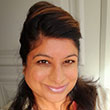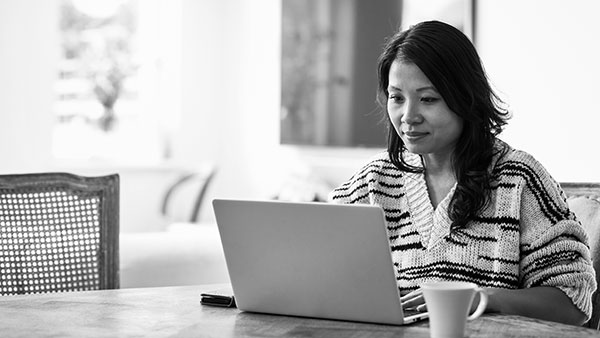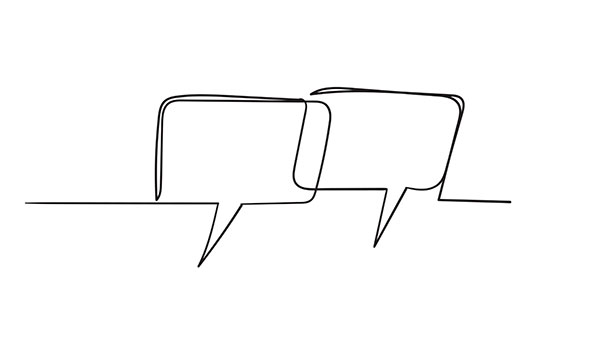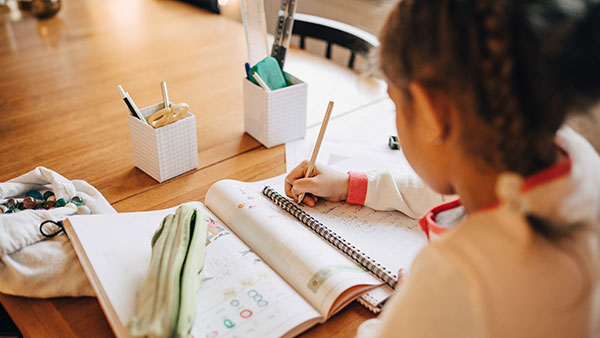Migrants and refugees contribute billions to the global economy and will be key in rebuilding economies during this evolving crisis.
Salma Zulfiqar FRSA started ARTconnects with the aim of promoting inclusion, justice and empowering girls and women, particularly those from migrant and refugee backgrounds. She outlines how the project has responded to the new circumstances of Covid-19.
For over a decade, I have worked in the international humanitarian sector in countries where conflict has ravaged infrastructure and peoples lives. I started ARTconnects in the UK over three years ago using art and conversation to bring together different worlds that can collide. The aim was to help tackle hatred in our communities and promote social cohesion with a focus on working with girls and women from migrant and refugee backgrounds and those who have limited access to learning and opportunities.
Some of the people who attended my workshops in the past have said they had never met someone of a different culture. ARTconnects workshops and events enable people to reach out in support of each other and find common ground resulting in positive change, highlighting the need for tolerance, justice and LGBT rights through community peacemakers.
Technology has saved us during this crisis. Despite the challenges and while we all moan about the endless Skype and Zoom the internet has allowed us to continue communicating in isolation. Initially, I was skeptical about how effective creative teaching would be online. I waded my way through the digital tools that enable users to design, draw and create while hosting a workshop. This meant being innovative with teaching tools, using multimedia to create meaningful sessions that yielded results.
Dozens of girls and women from across the UK, Europe, Africa, Asia, the Middle East and the US joined us for the sessions from April 2020. ARTconnects workshops have been oversubscribed for vulnerable people living in isolation. All of the participants agreed to having a greater sense of community connection; 89% said they were interested in meeting people from different cultures during Covid-19 and 70% said their stress levels were reduced and felt accepted and included by others reducing isolation. As one of the girls who took part said: "I feel like a cup full of stress has been emptied after taking part in this workshop".
While the technical and other challenges have been plentiful, it has been an honour to serve underrepresented, hard to reach females all over the world living in camps, orphanages and other temporary accommodation.
When you work for yourself in a situation like this – when people are flagging, have lost interest and are severely depressed – one of the hardest things is to stay motivated and positive. The workshops have been helping to motivate girls and women from all walks of life; with their input, coupled with my experience of mentoring and creative skills, we have developed an online programme which allows participants to express themselves in a safe space while learning new skills, rights and exchanging culture.
This work culminated in the creation of our new film, , an extension of the artwork exhibited during the Venice Biennale in 2019. The film features over 100 pieces of artwork by females and myself is a call for unity, humanity and justice - while giving the voiceless a voice.
As a female humanitarian artist from a working class Pakistani family based in the UK’s West Midlands, opportunities and support in the arts was limited before the pandemic struck the world. Now there are even fewer chances, while Covid-19 has exposed and increased inequality. Calls to domestic abuse helplines have doubled in some countries and the need to empower and protect vulnerable people is huge right now.
As a high impact and wide reaching project, ARTconnects is more important now than ever before. What keeps me going is that it is helping to transform vulnerable girls' and women's lives in these extraordinary times. As one of our participants said: "I hope this film reaches all people to see we are all the same and see that we are suffering so they can help us".
If you would like to find out more or to hold a screening of In Solidarity - The Migration Blanket please use the contact page on the website.
Related articles
-
RSA Fellowship: a secret superpower!
Comment
Alison Critchley FRSA
Alison Critchley FRSA on her renewed relationship with the Fellowship community.
-
Connected communities supports ‘breakthrough in mental health’
Comment
Adrian Hosford FRSA
Adrian Hosford FRSA on how ‘Talk for Health’ is providing fast access therapy by training members of the community.
-
Mind the gap: Bridges to our Educational Futures
Comment
Christine McLean FRSA Lucy Griffiths FRSA
Dr Chris McLean and Lucy Griffiths on how can we build bridges to a better educational future.




Join the discussion
Comments
Please login to post a comment or reply
Don't have an account? Click here to register.
Hello Salma - - This sounds like great work . . . I'm the secretary to the charity 'RememberOluwale' and we also use the arts as one of our main ways of changing minds, generating compassion, struggling for social justice. On YouTube, Facebook, Instagram we are 'RememberOluwale' and our website is rememberoluwale.org David Oluwale was a British citizen who migrated to Leeds in 1949 from Nigeria, and was killed by two Leeds policemen in 1969, after rough-sleeping for most of the 1960s. We'll follow you on Facebook and perhaps we can link up after the pandemic is quelled. best wishes max
Salma There is a strong resonance between your project Artconnect and Indra which I am involved in. I wondered if you were aware of Indra and the work it has done - and also if you feel there is any way the two might connect. Robin